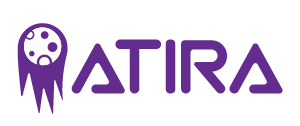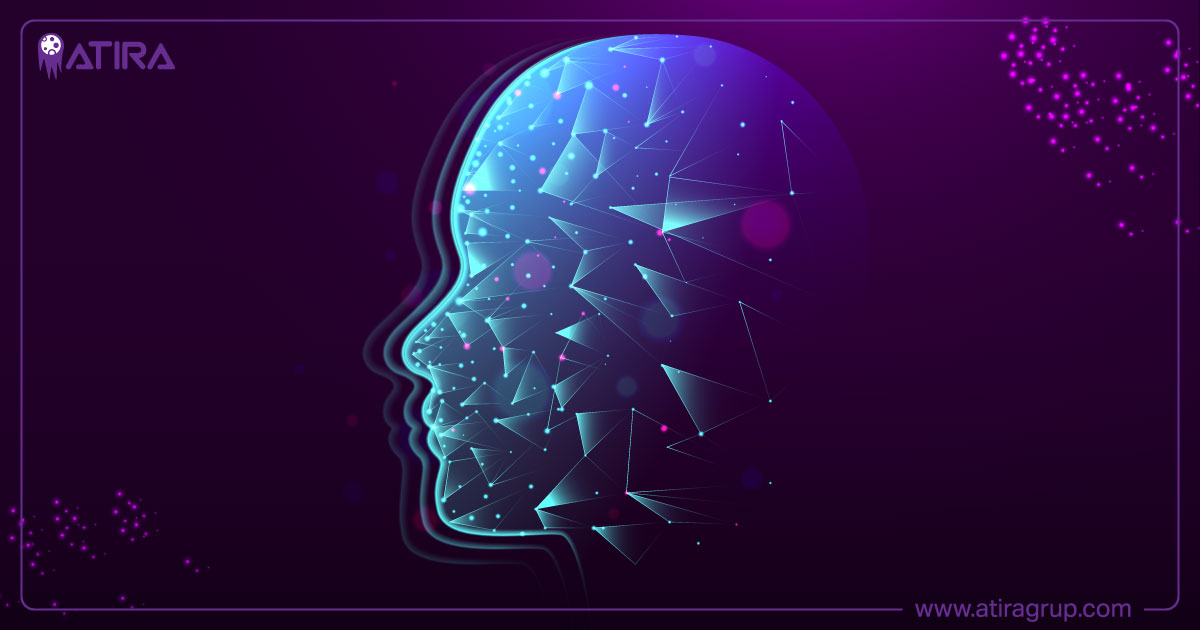Artificial Intelligence (AI) significantly transforms Search Engine Optimization (SEO). AI’s impact on SEO includes improved data analysis, personalized user experiences, and task automation.
The Impact of AI on SEO: Discover how AI transforms SEO and learn practical strategies to enhance digital marketing success. Read for insights and tips.
Table of Contents
This article explores these changes, focusing on how AI tools enhance keyword research, optimize content, and adapt to evolving search algorithms, providing actionable insights for better SEO strategies.
Key Takeaways
- AI is transforming SEO by automating tasks, improving keyword research, and enhancing content creation, making strategies more effective.
- Understanding user intent is crucial for modern SEO as it drives better engagement and helps tailor content to specific audience needs.
- AI tools are key for optimizing voice search and providing predictive analytics, enabling businesses to adapt to SEO changes quickly.
Understanding AI in SEO
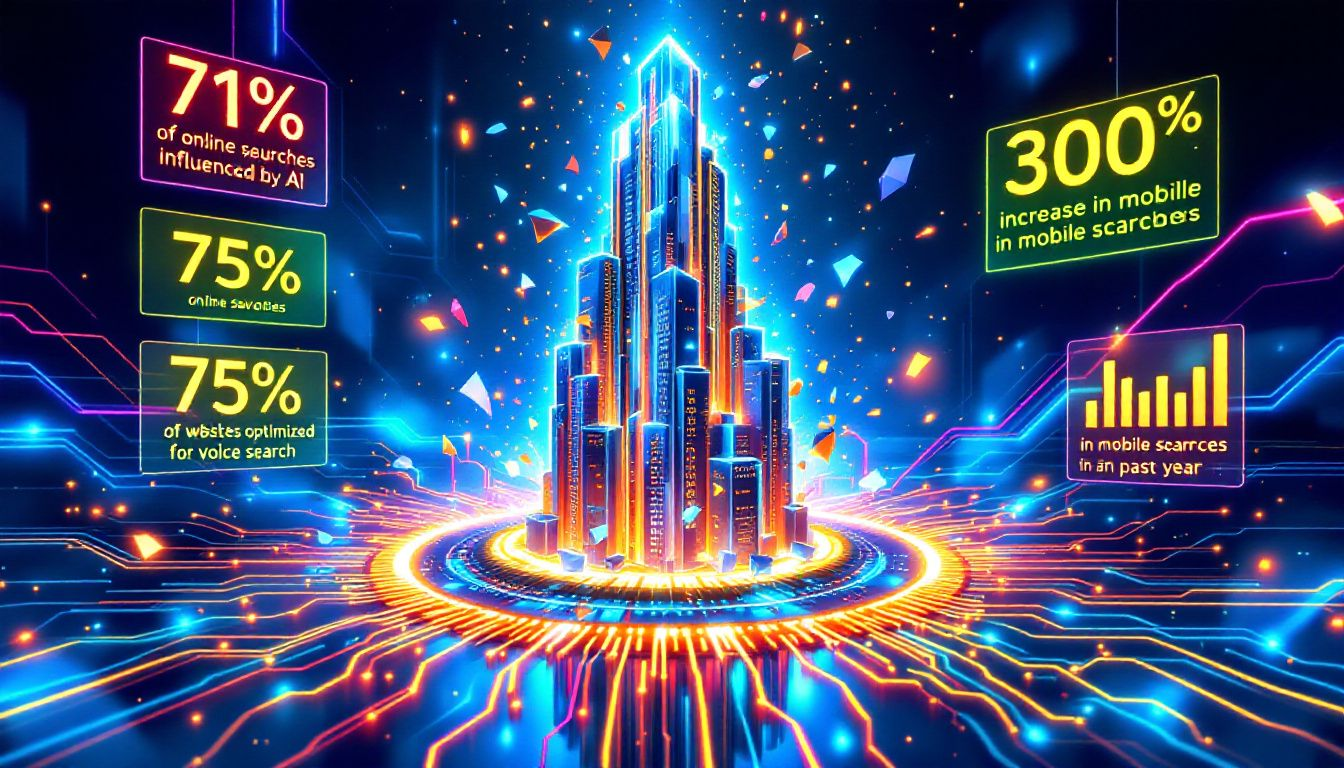
AI in SEO refers to the use of machine learning algorithms to analyze data and predict relevant content. These AI tools are revolutionizing SEO by enhancing the user experience and significantly boosting website rankings.
The integration of AI in SEO is making processes more accurate, personalized, and efficient, transforming how businesses approach their SEO strategies.
AI functionalities in SEO encompass content writing, keyword searching, and delivering optimization insights. For instance, AI can analyze voice queries and optimize content for user intent effectively.
It suggests changes to enhance content relevance and quality, ensuring that the content resonates with target audiences. AI tools provide data-driven insights that refine SEO strategies and overall content strategies.
Automating various SEO tasks with AI tools allows SEO specialists to concentrate on more strategic activities. AI-driven SEO strategies enhance visibility and recognition for businesses, enabling content creators to stay ahead of trends and optimize content based on analytics.
Ultimately, integrating AI in SEO helps build a loyal audience by enhancing the overall user experience.
Evolution of Search Engine Algorithms
The evolution of search engine algorithms has been significantly influenced by the rise of AI. Traditional SEO strategies have had to adapt to meet the demands of new AI-powered search engines.

AI enhances search engines’ ability to interpret user queries by understanding context, intent, and semantics.
Search engines like Google utilize AI algorithms such as RankBrain and BERT to interpret complex user queries and improve understanding of intent, especially in light of recent search engine algorithm updates.
AI has also brought about the personalization of search results. Considering user behavior, location, and search history allows AI to deliver more personalized search results.
Machine learning algorithms like Google’s RankBrain allow search engines to handle new and unfamiliar queries more effectively, ensuring that users receive the most relevant information.
Another significant development is semantic search, which emphasizes context and meaning. AI-powered search engines like Google use semantic search to deliver results that align closely with user intent.
This shift has required SEO professionals to refine their strategies continuously to keep up with the dynamic nature of AI-driven search algorithms.
Enhancing Keyword Research with AI

AI tools have revolutionized keyword research by streamlining the process of finding valuable keywords. These tools analyze extensive data and understand search behavior, enabling the generation of keywords that match current search trends and user intents.
AI-generated keywords enhance content visibility and improve search rankings by aligning with what users are genuinely searching for.
A significant advantage of using AI in keyword research is generating long-tail keywords. These keywords attract targeted traffic with lower competition, providing a more effective SEO strategy.
AI tools also adapt to ongoing search engine updates, ensuring that the suggested keywords remain relevant. Leveraging AI helps businesses tailor content to different stages of the buyer’s journey, aligning with various user intents from awareness to decision-making.
AI tools automate various SEO tasks, including content optimization and keyword research. They can identify gaps in content and suggest topics that align with user search behavior.
Tools like Google Analytics and Search Console help analyze user behavior data, further optimizing content to meet user expectations. Additionally, seo tools and ai seo tools can enhance these processes by providing insights and recommendations.
AI-Powered Content Optimization
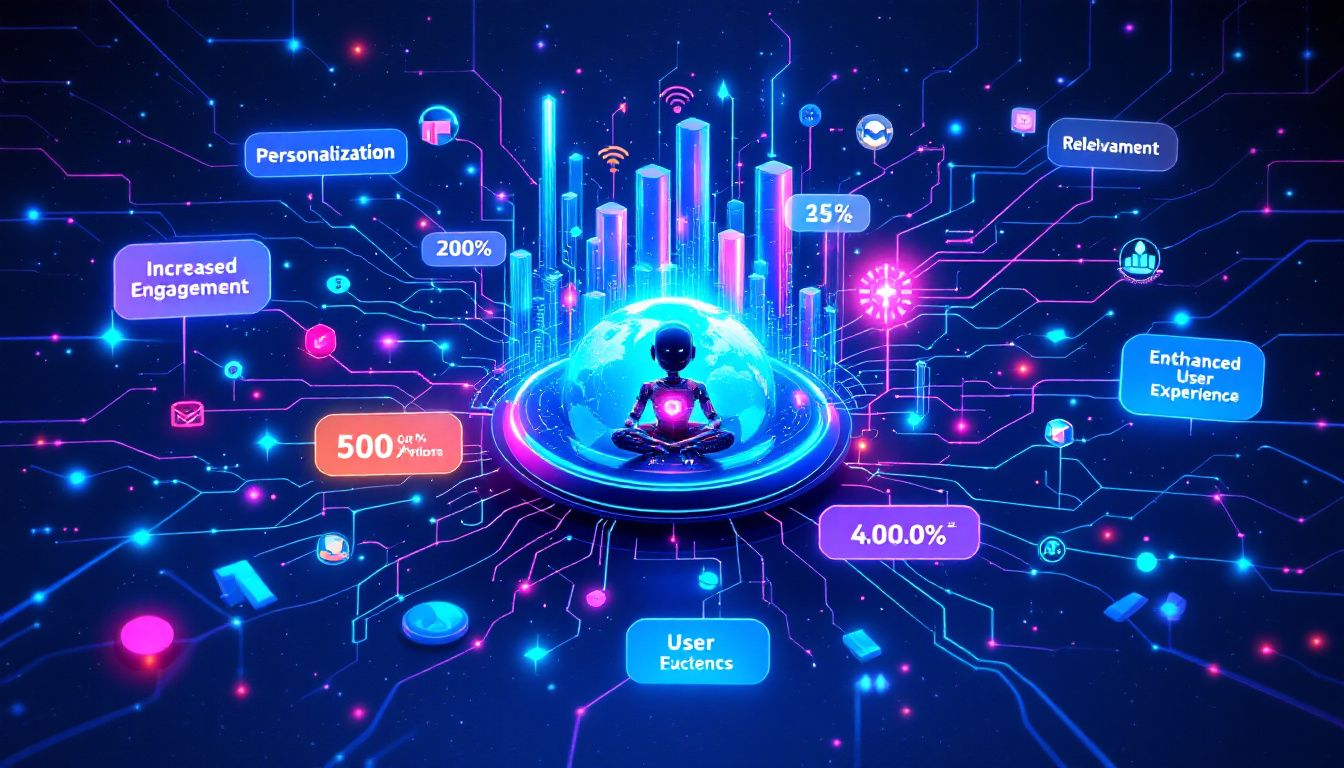
AI-powered tools have streamlined the content creation process for SEO professionals, allowing for quick production of optimized material for various platforms.
These tools enhance the overall quality of content by suggesting optimizations based on top-performing pages. For example, OutRanking creates automated drafts and SEO-optimized content briefs, significantly enhancing the content creation process.
AI tools such as RankIQ help users optimize older blog posts efficiently, while HubSpot offers opportunities for optimized content creation and SEO suggestions. Neuraltext utilizes Google SERPs data and natural language processing to aid in content creation.
These AI technologies help meet Google’s E.A.T standards (Expertise, Authoritativeness, Trustworthiness) for content quality, ensuring that the content is high-quality, informative, and engaging.
Automating content generation and optimization with AI tools allows SEO specialists to focus on creating content that aligns with user intent. This alignment enhances the relevance and quality of the content, improving the website’s rankings and driving organic traffic.
The Role of User Intent in Modern SEO
User intent has become the central focus of modern SEO strategies. The shift from keyword-driven tactics to understanding the reasons behind searches has transformed how content is created and optimized. User intent indicates the motivation behind a user’s search query.
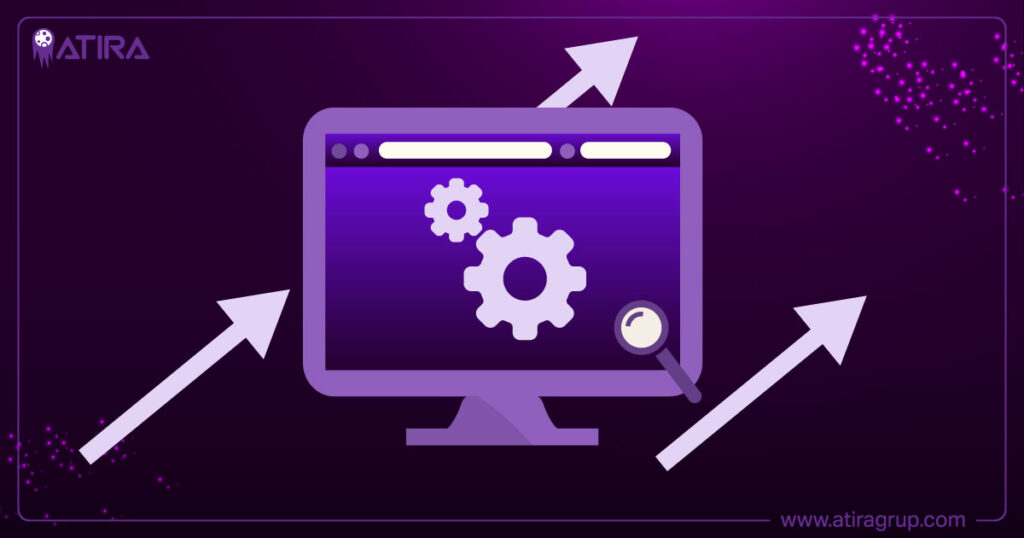
It reflects the issue they are seeking to resolve. Content optimized for user intent can enhance engagement metrics like click-through rates and dwell time, which are critical for SEO rankings.
Aligning content with user intent improves SEO performance and enhances user experience. Machine learning algorithms enable better understanding of user behavior, allowing for customized marketing strategies.
Predictive analytics further enhance understanding of user intent, allowing for better alignment of content with user expectations.
Creating topic clusters with related content helps establish authority and improve ranking by addressing specific user intents. This strategy ensures that the content meets the needs of the target audience, driving organic traffic and improving overall SEO efforts.
Voice Search Optimization with AI
Voice search is on the rise, and AI plays a crucial role in optimizing for this new search method. Natural language processing (NLP) enhances SEO by aligning content with conversational search queries.
AI is essential for understanding these queries, helping businesses tailor their content accordingly. Technologies like NLP help interpret the intent behind spoken questions, facilitating more accurate search results.
Optimizing for voice search involves using structured content that directly answers common questions in a conversational tone. This shift requires SEO professionals to focus on longer, more natural queries rather than traditional keyword-based searches.
Technical factors such as page speed and mobile-friendliness are also critical for success in search engine optimization and voice search optimization.
Many voice searches include local intent, necessitating the use of location-specific keywords and up-to-date Google Business Profiles. Brands like Domino’s have successfully integrated voice search through AI to enhance user experience and streamline ordering processes.
Predictive Analytics and SEO

Predictive SEO refers to using AI to forecast trends, user behavior, and algorithm updates. AI analyzes various factors and predicts their impact on website rankings, allowing businesses to anticipate changes and optimize their SEO strategies effectively.
This proactive approach helps businesses stay ahead of the curve and adapt quickly to the ever-changing SEO landscape.
AI’s predictive capabilities can detect potential algorithm updates and identify trending topics, helping businesses to adapt their strategies accordingly. As the importance of adaptability increases, more companies are expected to develop predictive capabilities in the SEO space.
Improving User Experience with AI
AI-driven tools can analyze vast data sets to identify patterns in user engagement and behavior. This analysis helps improve user experience by suggesting improvements and personalizing content. Personalization driven by AI will significantly improve user experience, fostering greater engagement and retention.
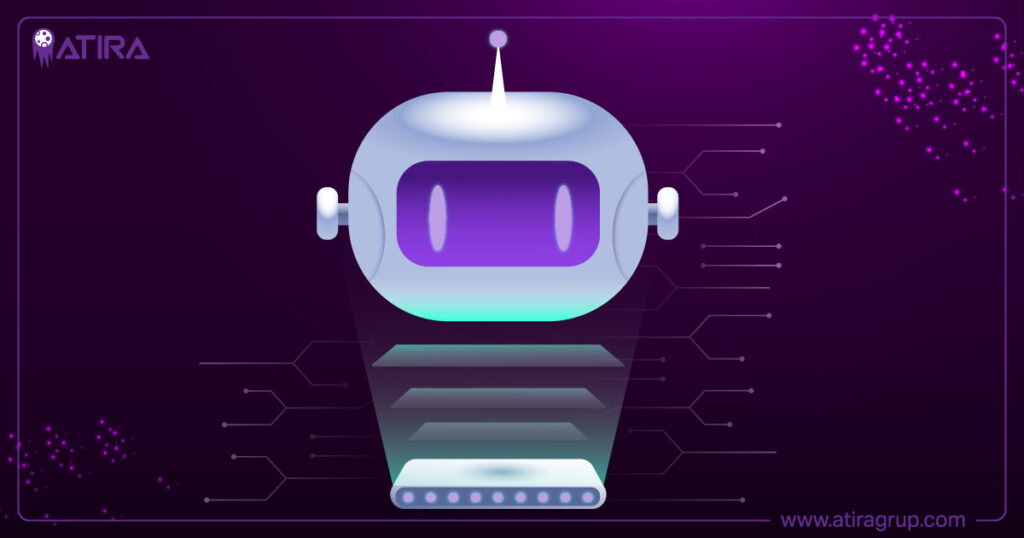
AI chatbots play a crucial role in enhancing user experience by providing instant assistance to visitors. These chatbots can guide users to relevant sections of a website, improving navigation and lowering bounce rates. AI chatbots also offer 24/7 automated customer support, enhancing user interaction.
The use of AI in enhancing user experience increases dwell time and encourages content sharing, which positively impacts SEO rankings. Analyzing user behavior and personalizing interactions with AI helps create a more engaging and satisfying user experience.
Potential Challenges of AI in SEO
While AI offers numerous benefits, there are potential challenges in using AI for SEO. Retaining human oversight is essential to identify issues and ensure ethical practices. Over-reliance on AI can lead to overlooking important factors affecting SEO performance.
It’s crucial to balance automation with human intervention to maintain originality and relevance in content.
AI systems should be trained on diverse datasets to mitigate risks associated with biases in algorithmic outputs. Organizations need clear guidelines for ethical artificial intelligence use to address challenges such as data security and misinformation.
Prioritizing user privacy and obtaining consent is vital for ethical AI implementation in SEO practices.
Leveraging AI for Link Building
AI tools can significantly reduce the time required for link building efforts by automating the search for high-quality backlink prospects. These tools support ethical link-building strategies by identifying quality link opportunities and helping avoid low-quality sources.
AI-driven tools streamline the outreach process by personalizing emails to improve response rates.
Many AI tools allow for real-time monitoring of link performance, helping identify successful strategies and areas for improvement. Automating the tracking of removed backlinks allows businesses to make timely adjustments to their strategies, ensuring continued success in link-building efforts.
Future Trends in AI and SEO
Visual search capabilities and AI image recognition will expand, changing how users perform searches and interact with content.
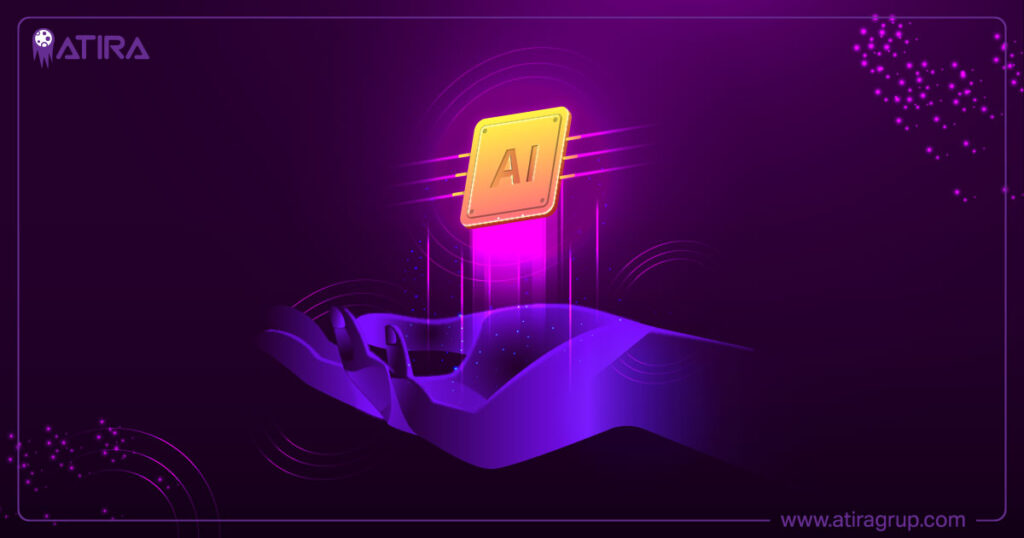
Enhanced local SEO strategies will leverage AI mapping technologies to provide accurate, location-based results.
Real-time adaptations in SEO practices will be made possible through AI, allowing quick responses to changing user preferences.
As AI continues to evolve, SEO specialists will need to stay ahead of emerging technologies and trends. Leveraging AI allows businesses to remain competitive and optimize their digital marketing strategies effectively.
Summary
AI is transforming the world of SEO, offering tools and strategies that enhance keyword research, content optimization, and user experience. By understanding and leveraging AI, businesses can improve their website’s rankings and stay ahead in the competitive digital landscape.
The integration of AI in SEO is not just a trend but a necessity for future-proofing SEO strategies.
As we move forward, it’s essential to balance AI’s capabilities with human oversight to ensure ethical and effective SEO practices.
Embracing AI-driven SEO strategies will lead to more personalized, engaging, and high-quality content that resonates with target audiences and drives organic traffic.
Read more about How to Use AI as a Content Writer Tool
Frequently Asked Questions

How does AI enhance keyword research?
AI enhances keyword research by analyzing vast amounts of data and understanding search behavior, which helps generate relevant keywords that align with current trends and user intent. This makes finding the right keywords faster and more effective.
What role does AI play in content optimization?
AI plays a crucial role in content optimization by enhancing quality through suggestions from top-performing pages and automating content generation to match user intent. This ensures your content resonates with your audience effectively.
How does AI improve user experience on websites?
AI enhances user experience on websites by analyzing behavior to personalize content and implementing chatbots for instant support, making navigation smoother and more efficient. This means users get exactly what they need, whenever they need it!
What are the potential challenges of using AI in SEO?
Using AI in SEO comes with challenges like the risk of creating generic content and the need for human oversight to prevent over-reliance on technology. It’s crucial to consider algorithm biases and ethical concerns around data security and user privacy.
What future trends can we expect in AI and SEO?
You can expect future trends in AI and SEO to focus on visual search capabilities, improved local SEO with AI mapping technologies, and real-time adaptations to align with evolving user preferences. This dynamic shift will change how businesses connect with their audiences online.
